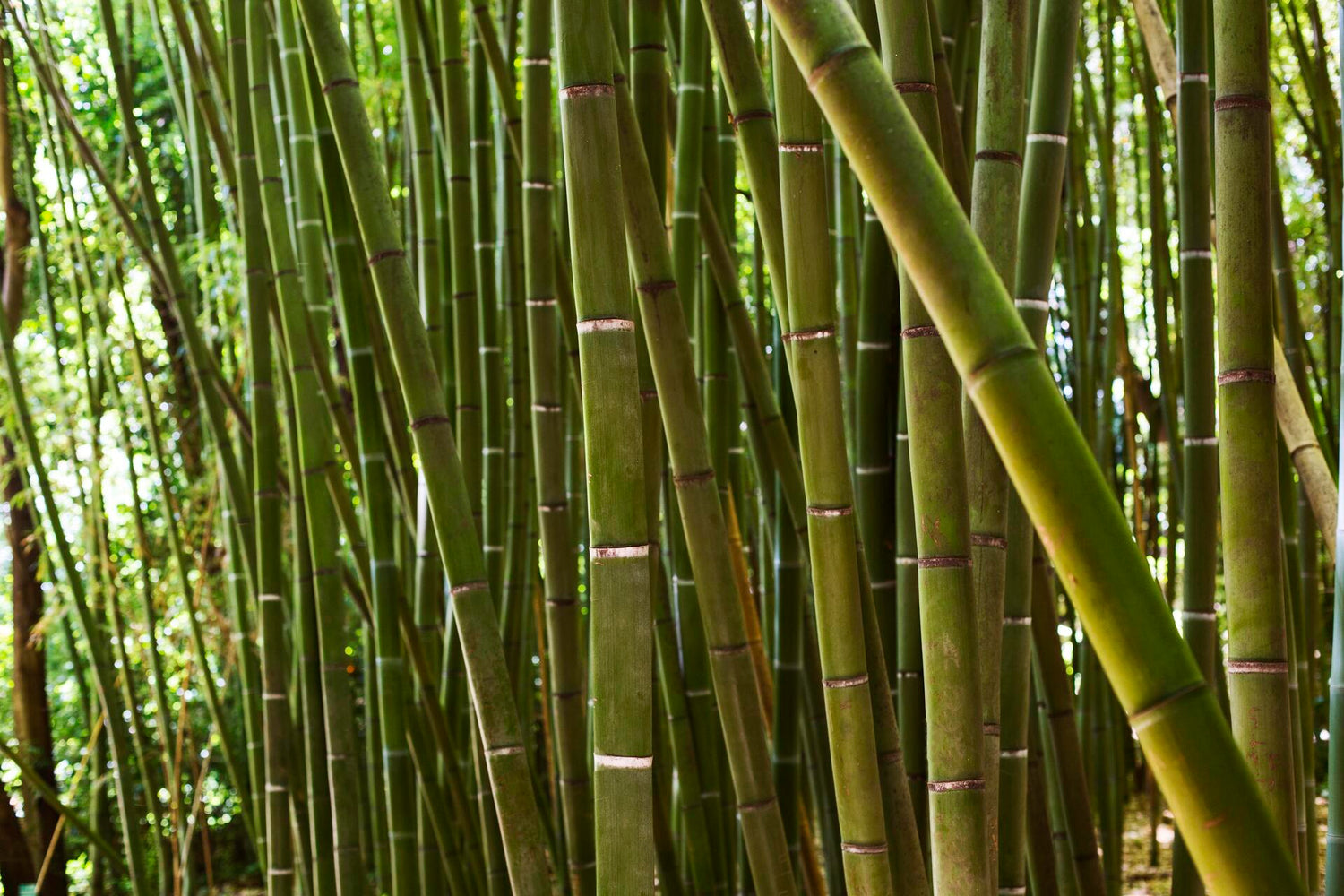At Bamboostan, our passion lies not just in harnessing the incredible potential of bamboo, but also in understanding its deep connection to human history and cultural narratives across the globe. Bamboo's strong, versatile stem has served as a cornerstone of human ingenuity for millennia, weaving itself into the very fabric of societies across continents.
Asia: A Cradle of Bamboo Innovation
Our journey begins in Asia, the undisputed cradle of bamboo civilization. Here, archaeological evidence points to the use of bamboo tools dating back as far as 7000 BC in China. From the towering scaffolding used to construct magnificent pagodas to the intricately woven baskets carried by generations of farmers, bamboo has been a constant companion in Asian life.
In Japan, the art of Kendo, a form of martial arts, utilizes bamboo shinai (practice swords) known for their flexibility and resilience, mirroring the values cherished in Japanese culture. Similarly, the delicate art of Ikebana flower arrangement often features bamboo stalks, symbolizing growth and simplicity.
Beyond Asia: A Global Embrace
Moving westward, we encounter bamboo's influence in South America, where indigenous communities have long used it for crafting blowguns, flutes, and even houses. In Africa, bamboo features prominently in construction, with entire villages built from its sturdy poles.. The Maasai people of Kenya utilize bamboo for constructing their distinctive "Enkangs" (homesteads), while intricately woven bamboo baskets remain a symbol of craftsmanship across the continent.
A Symbol of Sustainability and Resilience
At Bamboostan, understanding these cultural connections informs our approach to working with bamboo. We recognize it not just as a material, but as a living legacy passed down through generations. Bamboo's rapid growth and ability to regenerate without harming the environment aligns perfectly with our commitment to sustainable practices.
Here, the cultural significance of bamboo transcends its physical properties. In many societies, bamboo represents resilience, adaptability, and a harmonious coexistence with nature – values we strive to embody in our work.
Inspiring the Future with Ancient Wisdom
By studying bamboo's historical and cultural significance, Bamboostan seeks to inspire future generations. We believe that by learning from the past, we can harness the full potential of bamboo for a sustainable future. Our research and development efforts focus on innovative ways to utilize bamboo in construction, furniture making, and other applications, while ensuring responsible sourcing practices.
Through our work, we hope to bridge the gap between ancient traditions and modern innovation. By highlighting the rich tapestry of cultural narratives surrounding bamboo, we aim to foster a deeper appreciation for its potential and encourage its responsible use in building a greener tomorrow.
Modern Applications, Ancient Inspiration
At Bamboostan, we believe that adapting bamboo for modern uses is key to ensuring its continued cultural significance. Traditional bamboo crafts offer a wealth of inspiration. The strength and flexibility that made bamboo ideal for building houses in Africa can be translated into innovative construction techniques for sustainable housing projects around the world. Similarly, the intricate weaving techniques used for baskets can inform the design of modern furniture and household items, fostering a connection between cultural heritage and contemporary design. By adapting bamboo, we can create products that resonate with our modern lives while honouring the deep cultural roots of this remarkable material.




